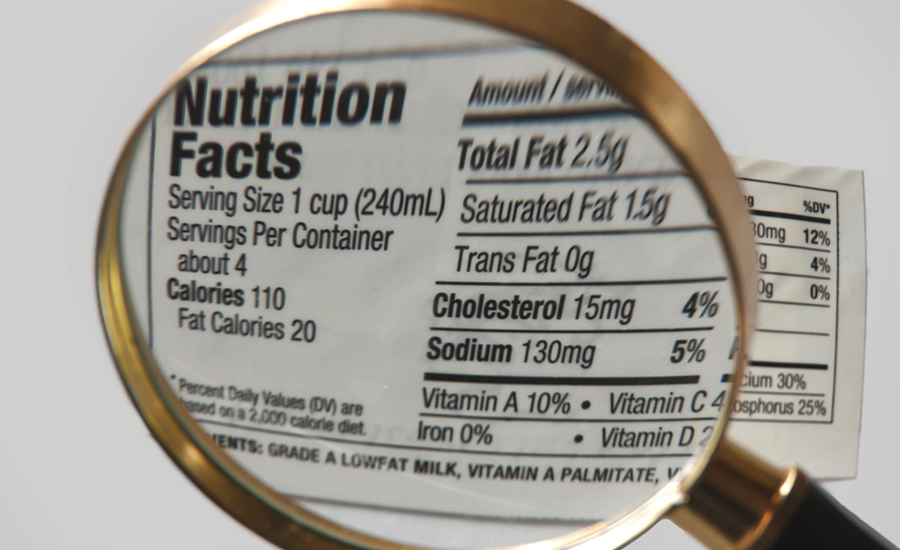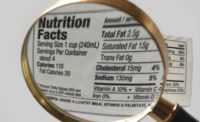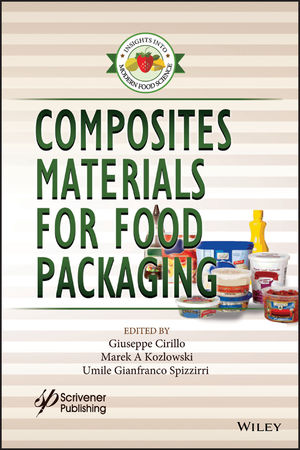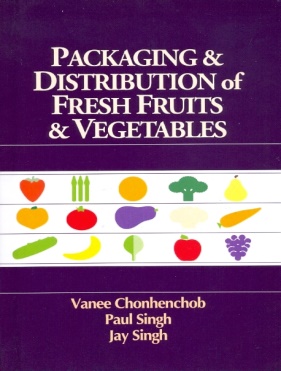Study: Companies commit to simplify food date labels worldwide by 2020
The Call to Action recommends companies partner with non-profit organizations and government agencies to educate consumers about how to interpret date labels.

"Sell by," "Use by," "Display until," "Best before," what do they all mean? Consumers around the world navigate a range of date labels on food products, and the resulting confusion costs families up to $29 billion annually in the United States alone. That’s why the Consumer Goods Forum (CGF), a Silver Spring, Md.-based network of consumer goods companies across 70 countries, along with Champions 12.3 approved a Call to Action to standardize food date labels worldwide by 2020.
The CGF board of directors includes companies like Tesco, Kellogg, Walmart, Campbell Soup, Bimbo, Pick n Pay, Nestlé, Carrefour and Unilever. The Call to Action says retailers and food producers should take three important steps to simplify date labels and reduce food waste by 2020:
- Select only one label at a time.
- Choice of two labels—one expiration date for perishable items (e.g. "Use by") and one food quality indicator for non-perishable items (e.g., "Best if used by").
- Consumer education to better understand what date labels mean.
The announcement expands national efforts to streamline date labels in the United States, United Kingdom and Japan to the rest of the world.
In addition to the labels on products, the Call to Action recommends companies partner with non-profit organizations and government agencies to educate consumers about how to interpret date labels. Education efforts could include in-store displays, web materials and public service announcements. Many consumers don't know, for example, that many products are still safe to eat past the "Best if used by" date.
"Four years ago, Tesco was one of the first retailers to roll out single-date coding across our fresh food and meat produce. All the evidence from WRAP and our own Tesco research has shown that streamlining date codes helps customers waste less food and reduces waste in our own operations. That's why it's so important we extend this practice to more companies in every country. Streamlining date labels worldwide by 2020 could be game-changing in the fight against global food waste," says Dave Lewis, group chief executive of Tesco, UK, and chair of Champions 12.3
"Kellogg Co. is working to reduce food loss and waste along the production and supply chains, and we want to encourage consumers to be part of the solution too. As a global food company, we work to reduce hunger, improve nutrition and protect the planet," says Maria Fernanda Mejia, senior vice president of the Kellogg Co., Battle Creek, Mich., and president of Kellogg Latin America. "Simplifying food date labels is an important step forward in preventing food waste, and will help end the confusion related to 'sell by' dates. Kellogg is an enthusiastic supporter of improved and harmonized food labeling standards to help educate and empower consumers to prevent food waste, save their families money and conserve resources to protect our planet."
"Walmart has worked with its suppliers to support the use of standardized date labels that provide consistent and transparent information to better reflect product's shelf life," says Katherine Neebe, director for sustainability at Walmart, Bentonville, Ark. "I commend CGF for leveraging their influence to support customer-friendly labeling practices."
Standardizing food date labels is said to be a simple and effective way to reduce the amount of edible food thrown out by households, saving them money and reducing their environmental footprint.
"Now more than ever is the time for business to play a leading role in tackling food waste. This is an issue that can only truly be tackled by collaboration across the value chain. Through our global membership, the CGF is committed to playing a leadership role. We believe simplified and consistent date labelling will help us get one step closer to meeting our resolution to halve food waste by 2025 while also helping reduce confusion for consumers," says Peter Freedman, managing director of CGF.
Champions 12.3 also launched “SDG Target 12.3 on Food Loss and Waste: 2017 Progress Report,” which takes stock of global progress to date toward halving food waste and reducing food loss by 2030.
"The sustainable development goals have given us a historic opportunity, and we must rise to the challenge," says Hans Hoogeveen, ambassador and permanent representative of the Netherlands to the UN organizations for food and agriculture. "Of all the SDGs, Target 12.3 is the only one to my knowledge that is being advocated by a coalition like Champions 12.3 with leaders from every sector mobilizing action to achieve success. We stand a great chance, but a lot of work remains."
Looking for a reprint of this article?
From high-res PDFs to custom plaques, order your copy today!








